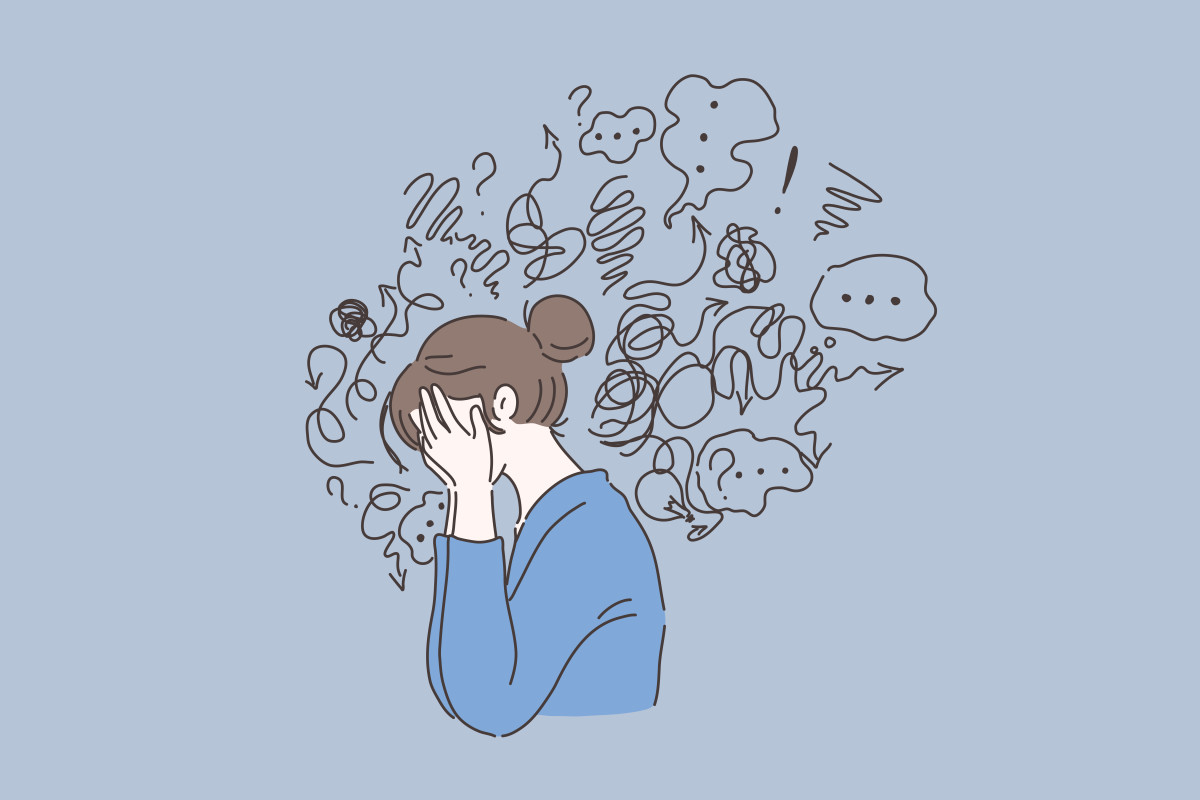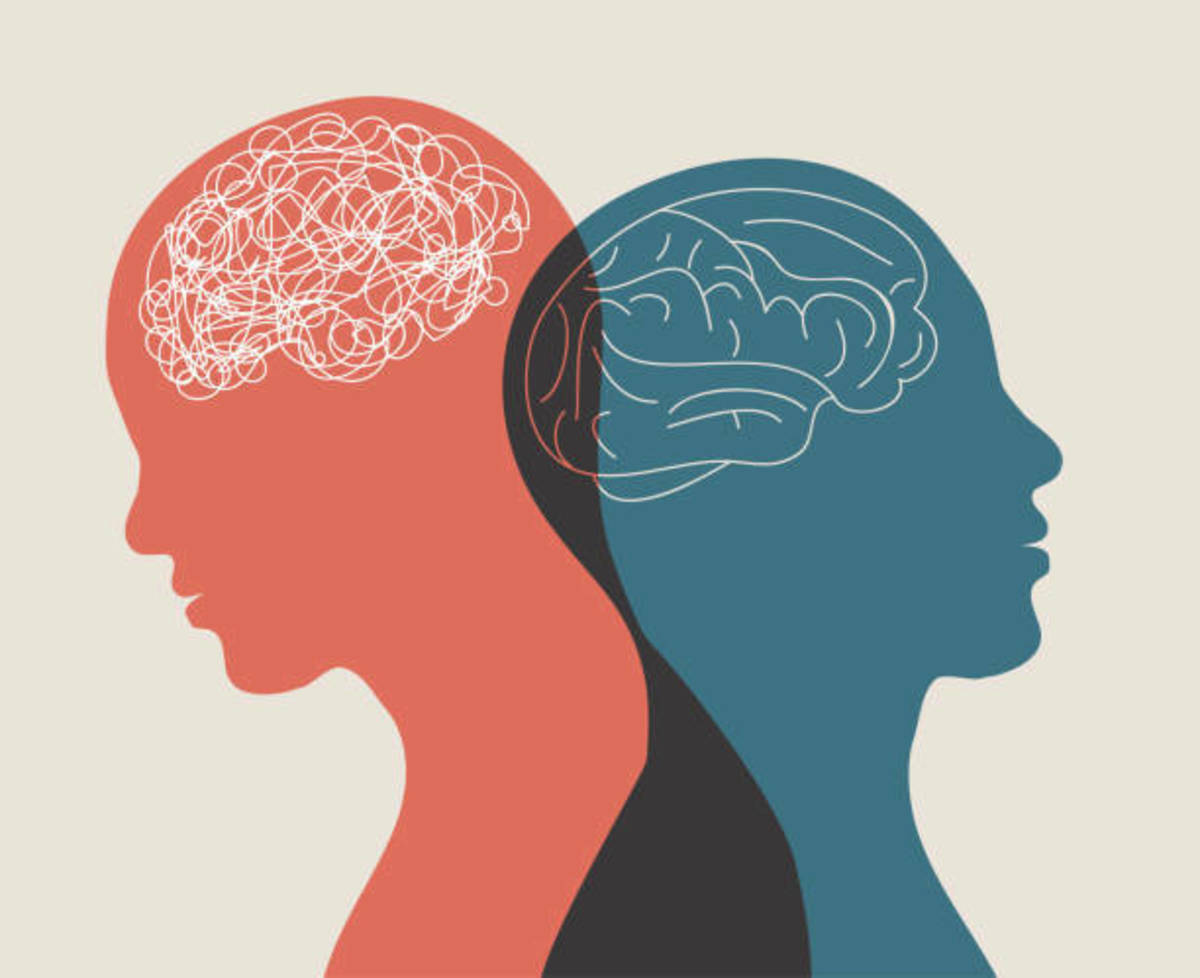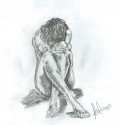Bipolar Disorder, The Low Down - With Self Help Tips

What is Bipolar Disorder?
Archaically known as Manic Depression, Bipolar Disorder is more than just the ups and downs of daily life. It is a serious mental condition which affects all aspects of a person’s life. From emotions to energy levels Bipolar Disorder disrupts everything in its path. It can cost you your relationships, your job and even your home. It tends to run in families and is thought to be genetic in origin; although it can be brought on by illness or stress.
The manic and depressive phases or episodes can last for weeks; at times even months. Sometimes they last for just a few days but these episodes differ from normal daily moods because of their severity.
Normally identified in adolescence or early adulthood Bipolar Disorder can be treated but not cured. It is often misdiagnosed because of its myriad of confusing symptoms.
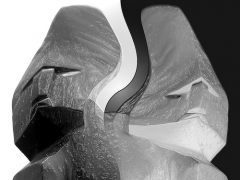
Several Variants of Bipolar
Beginning with the mildest first
Cyclothymia
Cyclothymiacs have mood swings which may last for longer periods than those of Bipolar 1 and II. The disorder as a whole is less severe than Bipolar but it has the potential to develop into full blown Bipolar Disorder.
Bipolar 1
To warrant this diagnosis the sufferer must have had at least one manic (high) episode of more than a week in duration. If left untreated the mania phase will continue from 3 – 6 months in duration and depressive phases for between 6 and 12 months. Most people will have the depressive episodes but there are a few people who only experience the manic ones.
Bipolar II
This type of Bipolar is diagnosed when the person has had more than one severe depressive episode and does not get the extreme highs typical of Bipolar 1. The manic episodes are very mild and are termed hypomania.
Rapid Cycling
Rapid Cycling is not a disorder in its own right but an aspect of both main types of Bipolar, which affects approximately 1:10 people with Bipolar Disorder. Rapid Cycling is said to be occurring when five or more mood swings are experienced in a period of one year.

The Four Types Bipolar Disorder Episodes
Mania
You will feel euphoric and as though you can move mountains and part the Dead Sea. This statement gives a clue as to how invincible you feel when in the manic phase of Bipolar. People may find it difficult to understand you as you will be talking at break-neck speed. You may find that you can manage and even feel refreshed on barely any sleep at all. You could experience ‘grasshopper mind’ with your thoughts jumping from one thing to another and back again. These are the less negative effects of an episode of mania.
The negative side of this phase is that pretty soon you could begin spiralling out of control. You may, because you feel invincible start acting recklessly and doing things you wouldn’t normally consider like having risky sex. You could become irritable and woe betide anyone who does not comply with your demands or assist you with your overambitious plans.
Hypomania
This is a milder form of mania and is characterised by euphoria, increased creativity and energy. There may be some instances of bad decision making but not on the scale of a manic episode. In general an episode of Hypomania will not affect the ability to carry on a normal day to day life. In Bipolar II people Hypomania will be followed by a major depressive episode.
Depressive
The signs and symptoms are quite similar to many major depressive illnesses. The difference is that a Bipolar Depressive episode lasts longer and is characterised by mood swings, guilt, unpredictability and feelings of unrest. Someone in the depressive phase of Bipolar will gain weight and probably sleep for long periods of time. Any activity will be carried out slowly and speech will also be slow. Anti-depressant drugs tend not to help with Bipolar Depression and can make the disorder worse
Mixed Episode
As the term suggests, this type of episode has symptoms of either hypomania and depression or mania and depression. Because of the combination of symptoms, sufferers of this type of episode can be more at risk of suicide.
26 Symptoms of Mania
- Feeling extremely high, optimistic, excited and happy or feeling very irritable, aggressive or agitated
- An over-inflated sense of self-importance, self-esteem and being over-confident in your ability to perform any feat
- Making overambitious and unrealistic plans and having lots of exciting ideas
- Delusions
- Being hypercritical and rude towards others; even people you don’t know very well
- A very high level of optimism
- Increased libido
- High energy and rapid physical activity on very little sleep
- Grasshopper Mind – Jumping from one idea to another
- Speaking rapidly and incessantly; others may find it hard to understand you and keep up
- Over familiarity with people you don’t know very well
- Racing thoughts
- Poor judgement
- Hallucinations
- Impulsivity
- Loss of inhibitions
- Reckless behaviour
- Taking risks
- Spending money recklessly and unwisely
- Making strange, rapid and unconsidered decisions on the spur of the moment
- Decreased appetite; resulting in weight loss
- Smelling smells that are not there
- Inability to focus and concentrate for more than a short period; easily distracted
- Alcohol and illegal substance abuse
- Unusual behaviour
- Hearing voices not audible to others
You may not notice that there is anything untoward in the way you are behaving. Your family and friends will though but it will probably not concern you as you may be oblivious to the feelings of others.
Psychosis can develop if a manic episode is particularly severe. The way this usually manifests in mania is that you exhibit megalomaniacal tendencies and believe that you are supremely important and have almost magical abilities and powers.

23 Symptoms of a Bipolar Depressive Episode
- Aches and pains without a cause
- Feeling worried, sad, unhappy, hopeless or empty for long periods of time
- Crying for no reason or feeling as though you want to cry but being unable to
- Slow speech
- Difficulty in getting started to do things like shopping, housework etc.
- Feeling lethargic and slow
- Decreased libido
- Avoiding social situations and people in general
- Feelings of guilt
- Impaired decision making
- Lack of interest in activities previously found interesting
- Bad memory and lack of concentration
- Fatigue and a feeling of exhaustion
- Constipation and sluggish digestion
- Lack of pleasure in things that previously brought pleasure
- Sleeping too much or having problems getting to sleep and waking too early
- Irritability and agitation – a feeling of unrest
- Feelings of inadequacy
- Thoughts of suicide or impending death
- Changes in weight and appetite
- Feeling worthless
- Lack of self confidence
- Moving around slowly
As with mania, a depressive episode can escalate into psychosis. This manifests as a complete loss of touch with reality where the person affected feels pathologically guilty, as though they are a far worse person than anyone else in the world. They are unable to carry on with normal day to day life either at work or in a social setting. In extreme cases sufferers may feel that they have ceased to exist. Hallucinations may also be present.
8 Symptoms of Hypomania
- Sleeping less and feeling rested and energetic after 2-3 hours of sleep
- Easily distracted
- Talking a lot for most of the time
- Racing thoughts with lots of ideas
- High self esteem
- Thoughts of grandiosity
- Risk taking – participating in shopping sprees, risky sex, un-researched business deals or high risk career moves
- Moving around quickly or in an agitated manner
A Hypomanic episode is very similar in nature to a manic episode except that the episode isn’t normally bad enough to affect the person’s working or social life. The nature of mood will be heightened or irritable and will last for 5 days or more. It is easy to identify as it is completely different from how the person normally is. There will be at least 3 of the symptoms above present. Unlike a manic episode, psychosis never occurs.
Are there any triggers for Bipolar Episodes?
There are a number of triggers and causes:
Lack of sleep
Substance abuse
Stress
Abnormal Thyroid levels
High levels of the hormone Cortisol
Seasonal Factors
Caffeine
Cold remedies
Corticosteroids
Some Thyroid medications
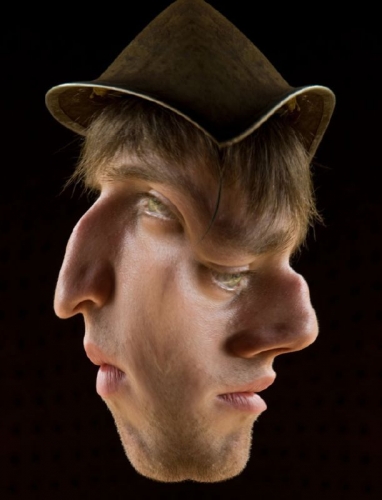
What are the treatments for Bipolar?
Medication
You will probably be given a mood stabilizer such as Lithium Carbonate, Valproate, Lamotrigine, Olanzapine or Divalproex.
Psychotherapy
Social Rhythm and Interpersonal Therapy
Family Focused Therapy
Mood Monitoring
Cognitive Behavioural Therapy
Psycho-educational Therapy
General Coping Skills
A combination of some of the above
Electroconvulsive Therapy - ECT
This is sometimes used for people with suicidal tendencies
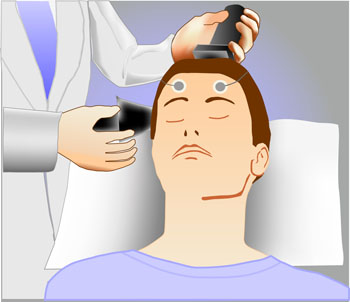
Are there any self help measures for people with Bipolar Disorder?
- Make sure you have an equal measure of fun and relaxation
- Learn as much as you can about your condition
- Minimise Stress
- Exercise at least 3 times a week
- Keep taking your medication
- Do not take any illegal drugs or ‘legal highs’
- Keep alcohol consumption to a bare minimum
- Keep to a regular routine of getting up, going to bed and mealtimes
- Confide in family and friends about your disorder, they will be able to recognize when you are not well and help you
- Join a self help group
- Make sure you have a back up carer for your children; especially if you are a lone parent
- If you are not working, consider getting a part time job to keep you from getting bored
- Eat regularly and healthily; keeping junk food to a minimum
What is it like to live with someone with Bipolar?
There is a lot to consider when deciding whether to live with a person who has a Bipolar disorder. If the disorder is mild and they take their prescribed medication it makes life so much easier; although it is still not a walk in the park.
The first thing you must realise is that people with mental illness think and function differently from you. You will need to have the attribute of endless patience. You will have to understand that, in most cases, whatever they do is not done on purpose to hurt you. If you can’t or won’t accept these two things it may not be possible to have a relationship with a bipolar person; especially one who is not medicated.
Loving a person with Bipolar can be very hard. A person with an unmedicated Bipolar Disorder can have a chaotic lifestyle due to the very nature of the condition. It could be described as like living on a roller coaster with a ticking time bomb at the side of you. It is like living with two people and not knowing which one will be there to greet you when you arrive home from work. They may be unfaithful when having a manic episode or do something criminal. They will almost certainly lie to you and hurt you in every which way. If you cannot overlook these transgressions the relationship will cause you a lot of heartache and worry.
Many people with Bipolar do not take their medication because they do not truly believe that they are ill. Denial is part of the disorder. Obviously this worsens their symptoms and that can be unbearable for the partner who is trying to hold it all together. Living with someone with Bipolar who doesn’t accept they are ill can be exhausting, frustrating and very frightening at times.
Obviously it will not all be a battleground and a feat of human endurance. Between episodes life can be relatively calm and serene. Some people return to ‘normal’ but most still have minor depressive interludes and a slight deviation from ‘normal’ thinking.
- Bipolar UK | Home
Bipolar UK is the national charity dedicated to supporting individuals with the much misunderstood and devastating condition of bipolar, their families and carers. - If You Are Bipolar Stay On Your Meds
Often people who are bipolar hate the side effects of their bipolar medications. They don't realize the meds are helping them until they stop taking them. This hub talks about the importance of working with a psychiatrist who understands brain chemis - Do You Never Learn From Your Mistakes? – You May H...
A famous person – It could have been Albert Einstein, Rita Mae Brown, Benjamin Franklin or Mark Twain (they have all been cited as contenders) defined insanity as “doing the same thing over and over and expecting different results.” Whoever it was th

